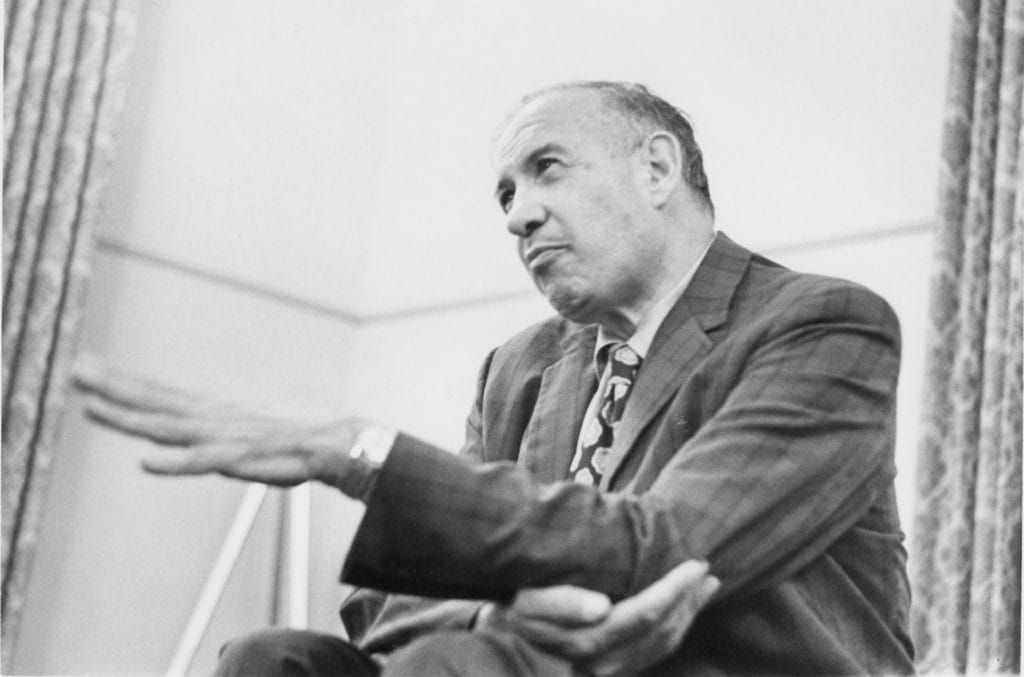‘Very Different Rules’: Peter Drucker’s Thoughts on Family-Run Businesses

Peter Drucker’s Managing in a Time of Great Change (1995) appeared as the 20th century neared its end, and technological advances were poised to take off.
While many Drucker students focus on what that collection says about the information revolution’s impact on executive decision-making and retailing, Managing in a Time of Great Change also addresses another crucial aspect of the global economy: the unique situation of family-run businesses.
Today, twenty-two years after the appearance of Drucker’s book, family business make up an even larger portion of the worldwide economic landscape—a circumstance that will be addressed by the new Drucker School Global Family Business Institute, which celebrates its launch next month.
The decision to establish an institute at the Drucker School dedicated to executive/management training in family business offers a corrective to an oversight that Drucker identified in most management training programs.
“The majority of businesses everywhere,” Drucker wrote in Managing in a Time of Great Change, “are family-controlled and family-managed. … Yet management books and management courses deal almost entirely with the publicly-owned and professionally-managed company—they rarely as much as mention the family-managed business.”
Though Drucker says there is no difference between publicly-owned and family-run businesses when it comes to regular, functional work, “the family business requires its own and very different rules” concerning the area of management.
In this area, Drucker laid out three essential rules for family-run businesses to follow:
- Family members do not get to work in the family business unless “they are at least as able as any non-family employee, and work at least as hard.”
- No matter how many family members are managing the business, one top job is “always filled by an outsider who is not a member of the family.”
- Except for the very smallest family businesses, most of these firms and organizations “increasingly need to staff key positions with non-family professionals.”
Drucker’s insistence that non-family members must be involved at a family-run company’s top executive tiers is repeated throughout the discussion. Why? Because what families want, he adds, and what the business needs as it grows “tend to collide.”
That leads to another issue that will be an important focus of the new Global Family Business Institute’s training program: management succession.
Family businesses that ignore the challenges of succession, Drucker warns, “will not survive, let alone prosper.“